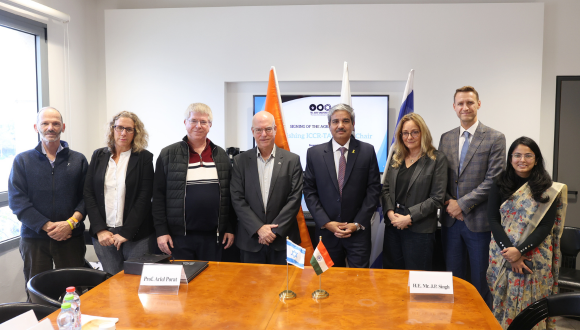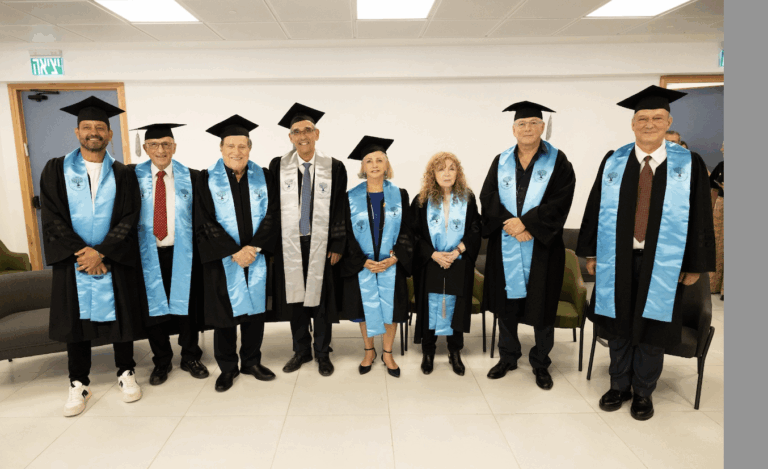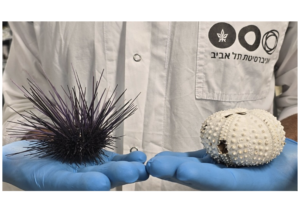Hyundai (South Korea) invests in Israeli deep learning co allegro.ai

Hyundai CRADLE, Hyundai Motor Company’s corporate venture arm announced today a strategic investment in Israeli computer vision deep learning startup allegro.ai Hyundai’s strategic partnership with allegro.ai will allow more rapid deployment of AI technology in many business areas and will improve the quality of Hyundai’s products, thereby increasing customer satisfaction while creating a safer driving environment. The size of the investment was not disclosed but is estimated to be several million dollars.
Founded in 2016, allegro.ai offers the first end-to-end DL lifecycle management solution focused on deep learning as it applies to computer vision. The company’s platform simplifies the process of developing and managing deep learning-powered solutions – such as autonomous vehicles, drones, security, logistics and others.Nir Bar Lev, CEO de allegro.ai
Hyundai CRADLE head of investment Tel Aviv Ruby Chen said, “Deep learning computer vision is one of the core technologies that can be applied to autonomous driving to navigate roads and make quick decisions in realtime – and allegro.ai is clearly an innovation leader in that field. Our investment in allego.ai is a further step in enhancing our presence in the Israeli market, a global leader of technological innovation in the fields of automation, artificial intelligence and deep learning. This is our fifth investment in an Israeli company and our activities will continue to grow the coming year”.
allegro.ai cofounder and CEO Nir Bar-Lev said, “We are proud to partner with Hyundai and share Hyundai’s belief that AI empowers the industry to provide greater road safety, autonomy, to better understand customers’ needs and to help broaden their experiences. Whether a company is developing autonomous vehicles, drones, security, or other types of applications, allegro.ai makes it easy for them to manage their data-sets and build deep learning-based solutions while guaranteeing complete and confidential control of their data.”






